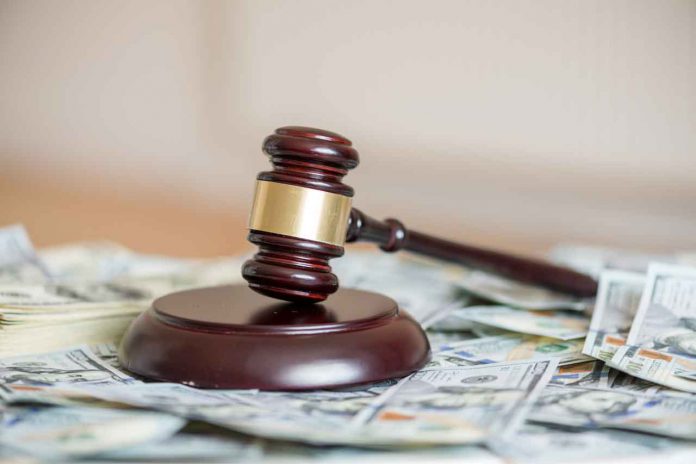When someone loses a loved one due to another party’s negligence or wrongdoing, filing a wrongful death claim can be a step toward justice and compensation. However, building a strong case requires presenting clear and convincing evidence. Without the right proof, it becomes much harder to establish liability or demonstrate the impact of the loss. Gathering the correct documentation and testimony is essential from the very beginning of the process. This evidence helps support claims about how the death occurred and the losses suffered as a result. Attorneys at Friedman, Levy, Goldfarb & Green work closely with families to collect and organize the necessary materials to build a strong claim. Knowing what evidence matters most can make a significant difference in achieving a fair resolution.
Medical Records and Cause of Death
One of the most important pieces of evidence in a wrongful death claim is medical documentation. Medical records, autopsy reports, and death certificates help explain how someone passed away in detail. These documents can link the death to the negligent actions or omissions of another person or entity. For example, in a medical malpractice case, records may show that a misdiagnosis or improper treatment directly led to the person’s passing. In cases involving an accident, hospital records might show the injuries sustained and the care provided before the individual died. These materials are critical because they establish the connection between the wrongful act and the loss. Without this foundation, other pieces of evidence may carry less weight.
Evidence of Negligence or Wrongful Acts
To prove a wrongful death claim, it is essential to show that someone else’s actions—or lack of action—caused the death. This usually involves demonstrating negligence, recklessness, or intentional harm. Evidence like police reports, safety inspection records, or eyewitness testimony can support this aspect of the case. For instance, in a car accident wrongful death case, police reports may show that the at-fault driver was speeding, intoxicated, or distracted. Surveillance footage or photos from the scene can show what happened. This can help show that the defendant didn’t act as most people would in the same situation.
Testimony From Experts
Expert testimony often plays a key role in wrongful death cases. Experts can provide professional opinions that help clarify complicated aspects of the case. For example, a medical expert can testify about how certain actions caused the victim’s injuries or how proper care might have prevented the death. Accident reconstruction specialists might explain how a crash happened based on physical evidence and reports. Economists can assess the financial losses suffered by the family, such as lost income and benefits. These insights can strengthen a case by providing credible, specialized information that juries or insurance companies may rely on.
Financial and Emotional Loss Documentation
A wrongful death claim is not only about proving liability; it also involves demonstrating the impact of the loss. This includes both financial and non-economic damages. Pay stubs, tax returns, and employment records can show how much income the deceased would have provided to their family. Receipts or records of expenses related to the death, like medical bills or funeral costs, are also relevant. To show emotional and relational losses, testimony from family members, friends, or counselors may be needed. This type of evidence paints a fuller picture of how the death has affected the surviving loved ones, which is critical when seeking fair compensation.
Preserving and Gathering Evidence Quickly
Time is a crucial factor in wrongful death cases. Important evidence can be lost if it is not collected promptly. Physical evidence, such as damaged vehicles or unsafe equipment, should be preserved as soon as possible. Witnesses may forget important details or become harder to locate as time passes. A skilled wrongful death attorney can help families through this difficult time by ensuring they have the right evidence and documents to proceed. Acting quickly not only helps preserve evidence but also ensures compliance with legal deadlines, such as statutes of limitations, which vary by state.
Successfully pursuing a wrongful death claim depends heavily on having the right evidence to support the case. Medical records, proof of negligence, expert testimony, and documentation of financial and emotional losses are all key components. Preserving evidence early and working with skilled professionals can help families build a stronger case. While no amount of compensation can truly make up for the loss of a loved one, holding the responsible parties accountable can provide a sense of justice. This helps the family heal and take steps toward a new normal. Gathering strong evidence can also be a way to honor the loved one’s memory.







